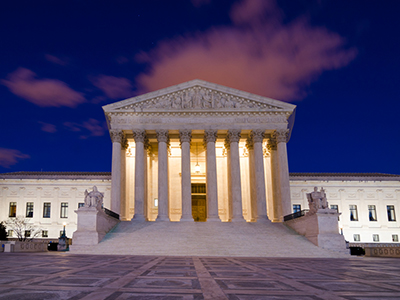On September 6, the Second Circuit expanded class standing in a mortgage-backed securities class action suit for alleged misrepresentations in a shelf registration statement. NECA-IBEW Health & Welfare Fund v. Goldman Sachs & Co., No. 11-2763 (2d Cir. Sept. 6, 2012). The plaintiff, an investment fund, sued Goldman Sachs & Co. (“Goldman”) and GS Mortgage Securities Corp. (“GS”) alleging violations of Sections 11, 12(a)(2), and 15 of the Securities Act of 1933 on behalf of a putative class of persons who acquired mortgage-backed certificates underwritten by Goldman and issued by GS. The plaintiff alleged that a single shelf registration statement connected with 17 separate offerings sold by 17 separate trusts contained false and misleading statements concerning underwriting guidelines, property appraisals, and risks and that these alleged misstatements were repeated in prospectus supplements.
The lower court had granted the defendants’ motion to dismiss, holding that the plaintiff—who had purchased securities from only two of the seventeen trusts—lacked standing to bring claims on behalf of purchasers of securities of the other fifteen trusts.
The Second Circuit disagreed that the plaintiff lacked class standing. Although the plaintiff had individual standing only as to the securities it purchased from the two trusts, the court held that the analysis for class standing is different. According to the court, to assert class standing, a plaintiff has to allege (1) that he personally suffered an injury due to the defendant’s illegal conduct and (2) that the defendant’s conduct implicates the “same set of concerns” as the conduct that caused injury to other members of the putative class. READ MORE →







